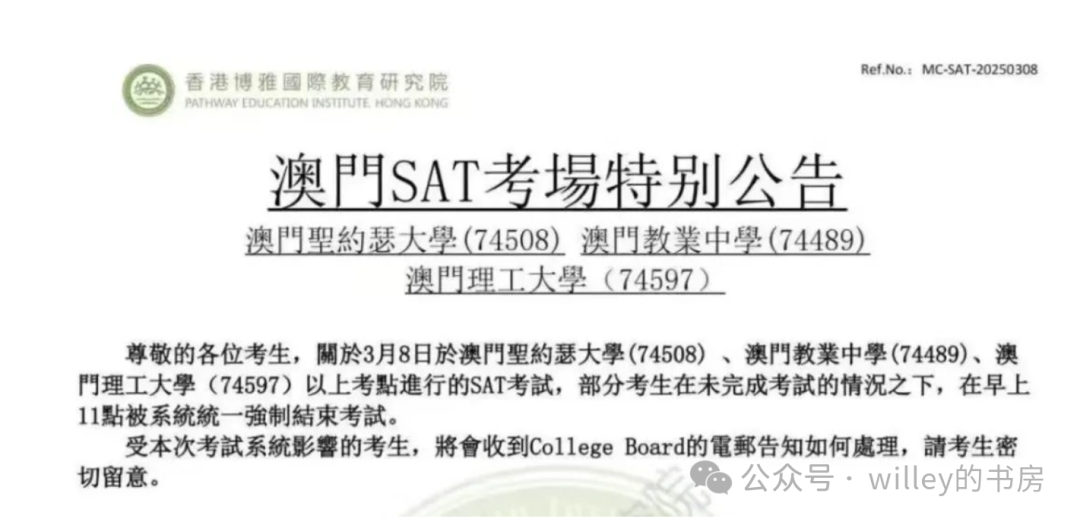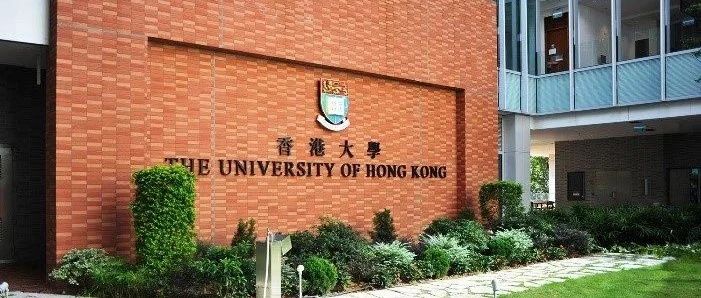本期坐标|英国、澳大利亚
本期 为大家推荐爱丁堡大学、新南威尔士大学2025最新奖学金介绍。
1、爱丁堡大学
Fluorescent peptide/protein biosensors for imaging of inflammatory bowel diseases
University of Edinburgh|MRC Centre for Inflammation Research
博导:Prof M Vendrell, Dr G Ho
截止日期:February 20, 2025 周四
资助的博士项目(全球学生)
About the Project
This project is one of 17 four year PhD Studentships funded by Medical Research Scotland (MRS) (https://www.medicalresearchscotland.org.uk) to be delivered jointly by the named University and External Partner Organisation (EPO). The Studentship will provide first-class academic, and additional training provided by the EPO, needed to equip the successful candidate for a science career in an increasingly competitive market.
"'Fluorescent peptide/protein biosensors for imaging of inflammatory bowel diseases'" to be delivered by the University of Edinburgh [Supervisors: Professor Marc Vendrell Escobar and Dr Gwo-Tzer Ho (both MRC Centre for Inflammation Research, University of Edinburgh) and Concept Life Sciences (https://www.conceptlifesciences.com/) [External Partner Organisation supervisor: Dr Hayley Gooding].
When a patient with inflammatory bowel diseases (IBD) and doctor meet in clinic, it is highly desirable to have tests that can provide accurate information on whether the patient’s disease is well-controlled, allowing decisions to be made and discussed simultaneously. Currently, the two most widely used tests in IBD clinics are: 1) the patient provides a sample of stool that needs to be deposited at the clinic, with results being available to the doctor after 2-3 weeks, 2) examination of the bowel via colonoscopy, which usually involves a waiting time of a few months. Both tests are suboptimal and invasive for the patients. Furthermore, they do not provide readouts of IBD activity, making it difficult to choose the optimal therapy for every patient.
This research project will produce new rapid biosensors that will inform about the activity of immune cells in the gut of IBD patients and help to identify determine the disease state and the efficacy of therapies. This project draws on the strengths of a team of very diverse scientists, including experts in molecular imaging, IBD and immunology. During the project, the student will work with biologists, immunologists and chemists and will establish collaborations to develop as an interdisciplinary researcher. This project will create a whole range of positive outcomes for the student, including dissemination of results to the scientific community, outreach activities and network opportunities with industry partners.
Chemical fluorophores stand out as imaging probes because of their high sensitivity and resolution, low cost, excellent safety profile, tunability and translational potential. These properties have facilitated the application of fluorophores in biomedical imaging, from preclinical studies to their use in humans for diagnostics and image-guided surgery. In the context of inflammatory diseases, there are few molecular tools that can track the function of immune cells in diseased tissues, which are essential to understand disease activity and the response of the host to treatment. This project aims to address this technological need with the design of immune-targeted fluorophores as the next generation of molecular imaging probes to discriminate immune subpopulations by using their molecular signatures.
ENQUIRIES:
Enquiries should be sent by email to Professor Marc Vendrell Escobar:
Marc.Vendrell@ed.ac.uk
APPLICATIONS:
Applicants must have obtained, or expect to obtain, a first or 2.1 UK honours degree, or equivalent for degrees obtained outside the UK, in chemistry or chemical biology.
Applicants should send a covering letter explaining their motivation for applying for this PhD project, a full Curriculum Vitae and the names and contact details (including email addresses) of at least two academic referees by email to Professor Marc Vendrell Escobar:
Marc.Vendrell@ed.ac.uk
Please note, your application may be shared with the funders of this PhD Studentship, Medical Research Scotland and Concept Life Sciences.
Interviews are expected to take place 2-3 weeks after the closing date for applications.
It is anticipated that the PhD Studentship will start 7 October 2025.
Funding Notes
PhD Studentship provides: an annual tax-free stipend of £20,539, increasing to £21,087 over the four years; tuition fees at home rates only; consumables; and generous travel allowance. Medical Research Scotland will fund fees at the Home (UK) rate. If an overseas student is the best candidate, the overseas portion of tuition fees will be covered by the University of Edinburgh PhD Tuition Fee Contribution Scheme.
2、新南威尔士大学
Modular DNA nanopores for synthetic biology
UNSW Sydney|School of Chemistry
博导:Dr Felix Rizzuto, Assoc Prof Anna Wang
截止日期:全年可申
资助的博士项目(全球学生)
About the Project
The aim of this project is to develop artificial cells that can programmably communicate. In biology, cells are miniature factories where different compartments handle specific tasks. Directed communication between molecules and reaction pathways in each zone ensures that tasks are undertaken efficiency, but current technologies cannot replicate this level of programmable information transfer. To develop sensing, catalysis, and tissue engineering technologies inspired by cellular systems, we need to engineer dynamic information highways between artificial compartments.
This project will use modular, responsive DNA nanostructures to form nanopores and channels in synthetic vesicles and droplets. Controlling the mixing and transfer of cargo within these networked systems will harness knowledge in nanotechnology and self-assembly to generate nanoreactors for chemical transformations. Engineering the migration of molecules across membrane boundaries will offer benefits in biotechnology and nanochemistry – for the triggered release of cargo, data transmission, and chemical fractionation and computation.
This project is a collaboration between the DNA nanotechnology (Dr. Rizzuto) and soft matter (A/Prof Wang) labs at UNSW. It involves cross-cutting investigations exploring DNA assembly in lipid nanoparticles, partnering with industry collaborators in the vaccine and therapy spaces. You'll learn a range of chemical synthesis, self-assembly and microscopy techniques, converging on the fields of supramolecular chemistry, nanotechnology and bioengineering. The project is based on work recently published inAngewandte ChemieandPNAS.
Check out our group websites here:rizzutogroup.organdannawanglab.com
Applying
Domestic or international students graduated or expecting to graduate with degrees in Chemistry, Biotechnology, Nanoscience or related disciplines are encouraged to apply.
If you meet the UNSW HDR admission requirements, please send an email directly to Dr Felix Rizzuto (f.rizzuto@unsw.edu.au) with the following information:
Email subject:Prospective PhD for DNA nanopores
Please provide:
-Your background, experience, and research interests.
-When you expect to be able to start your PhD if successful.
- A copy of your CV, along with undergraduate and any post-graduate academic transcripts.
-The names and contact information for 2 references.
Funding Notes
This is fully funded scholarship at the UNSW rate ($38,438 per annum for 3.5 years).












